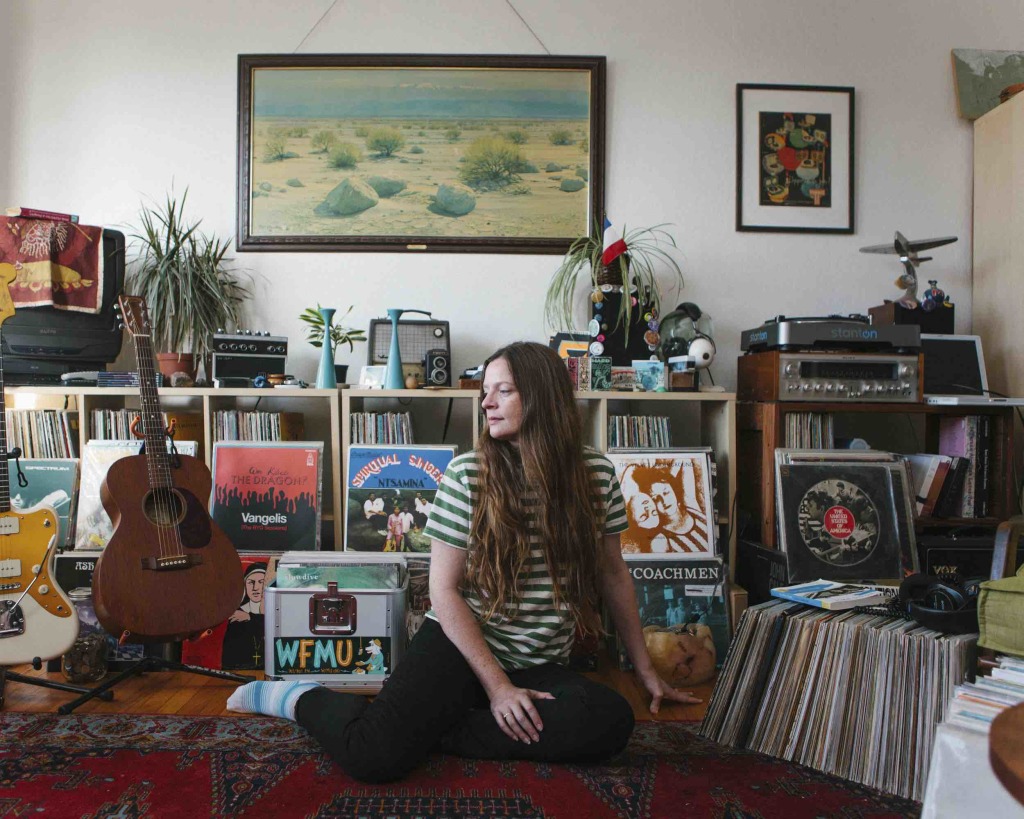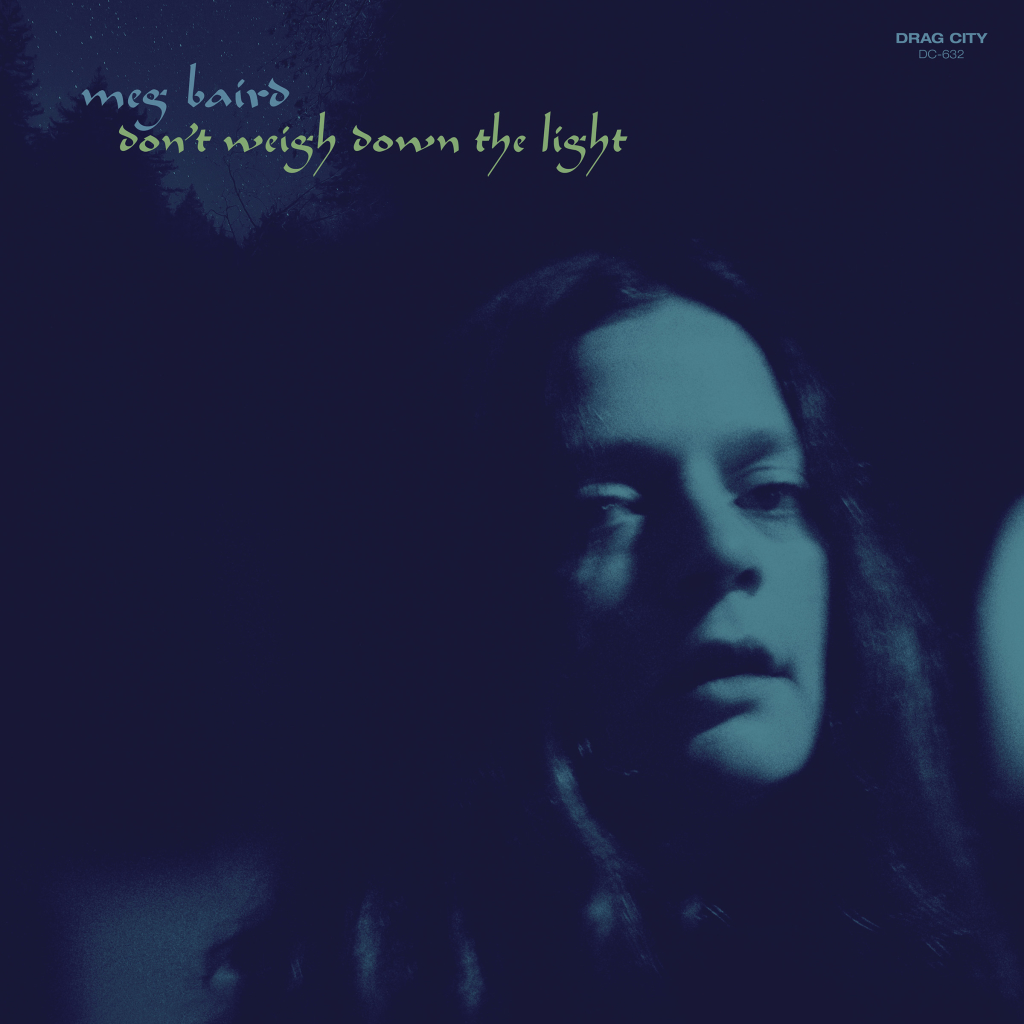Meg Baird

Meg Baird photo by Amy Harrity
MEG BAIRD TOUR DATES:
- MELBOURNE: Friday January 22 @ Northcote Social Club + special guests Lower Plenty. Tickets on sale now from the venue.
- SYDNEY FESTIVAL: Sunday January 24 @ St Stephen’s Church with Michael Hurley, doors open 6pm. Tickets on sale Monday October 26 at 9am from Sydney Festival.
Mistletone is proud to present the first Australian tour by Meg Baird; an artist we’ve admired from afar for more than a decade. Meg Baird brings her deep psych-folk vibrations to Australia for a Melbourne headline show at Northcote Social Club (tickets on sale now) as well as an unmissable double bill at Sydney Festival with the legendary Michael Hurley as part of their “Quiet Music for Curious Ears” program, in Sydney’s beautiful St Stephen’s Church.
- “As well as forming and being a mainstay in Espers, Meg Baird is a member of the decidedly freakier Heron Oblivion, who recently had their first show opening for The War on Drugs. As well as this, she has collaborated with Will Oldham, Kurt Vile, Sharon Van Etten, and toured with Bert Jansch. You get the picture. She’s well connected, and on the strength of this album she certainly has the chops to join such illustrious names on the upper echelons of her genre. It’s hard to properly describe an album which needs to be experienced from start to finish rather than intimately analysed. Give yourself the opportunity to become part of Meg Baird’s brave new world. You won’t be disappointed” – DROWNED IN SOUND
Released mid 2015 on Drag City, Don’t Weigh Down the Light is Meg Baird’s first solo album since 2011’s Seasons On Earth, and it arrived alive with mystery and colour — buoyed by a voice that’s a warm, mesmerising call across time.
Like Meg’s previous LPs (and much of Espers output,) the foundation of Don’t Weigh Down the Light is her lyrical, precise, and propulsive fingerstyle guitar work and a voice that moves from soaring and tender to soothing and spellbinding. A voice that more than a few have likened to folk’s greatest female voices: Sandy Denny, Jacqui McShee, and Shirley Collins.
But where Dear Companion and Seasons on Earth were relatively minimalist affairs, Don’t Weigh Down The Light is multi-hued and swimming in texture. Electric guitars and organs float and dart around Meg’s intricate picking and voice like ghosts. Distant drums thump as heartbeats. Piano and electric 12-string guitars shimmer like sunlight on rippling, crystalline seas.
Recorded at Eric Bauer’s Bauer Mansion studio: more famous for producing fuzzed-out and unhinged work from Six Organs of Admittance, Ty Segall, Mikal Cronin, and White Fence, Don’t Weigh Down The Light was forged from Meg’s deep, natural Anglo-Appalachian instincts and wed to the deepest, most longing sounds of Skip Spence and Ben Chasny, Virginia Astley’s pastoral abstractions, Opal’s dusty, paisley West, Gene Clark’s Byrds-era torch ballads, and Popol Vuh’s dreamscapes. Inevitably, some songs reflect the solitude of leaving and arriving anew. But there’s also a sense of strength in friendship and home, with lyrics full of affection, care and guidance. And in spite of that wry, wary, sideward glance at power and promises, they are a plea to live, to thrive, and to stick around. A reminder that we need the dreamers — even if it’s wake-up time.
